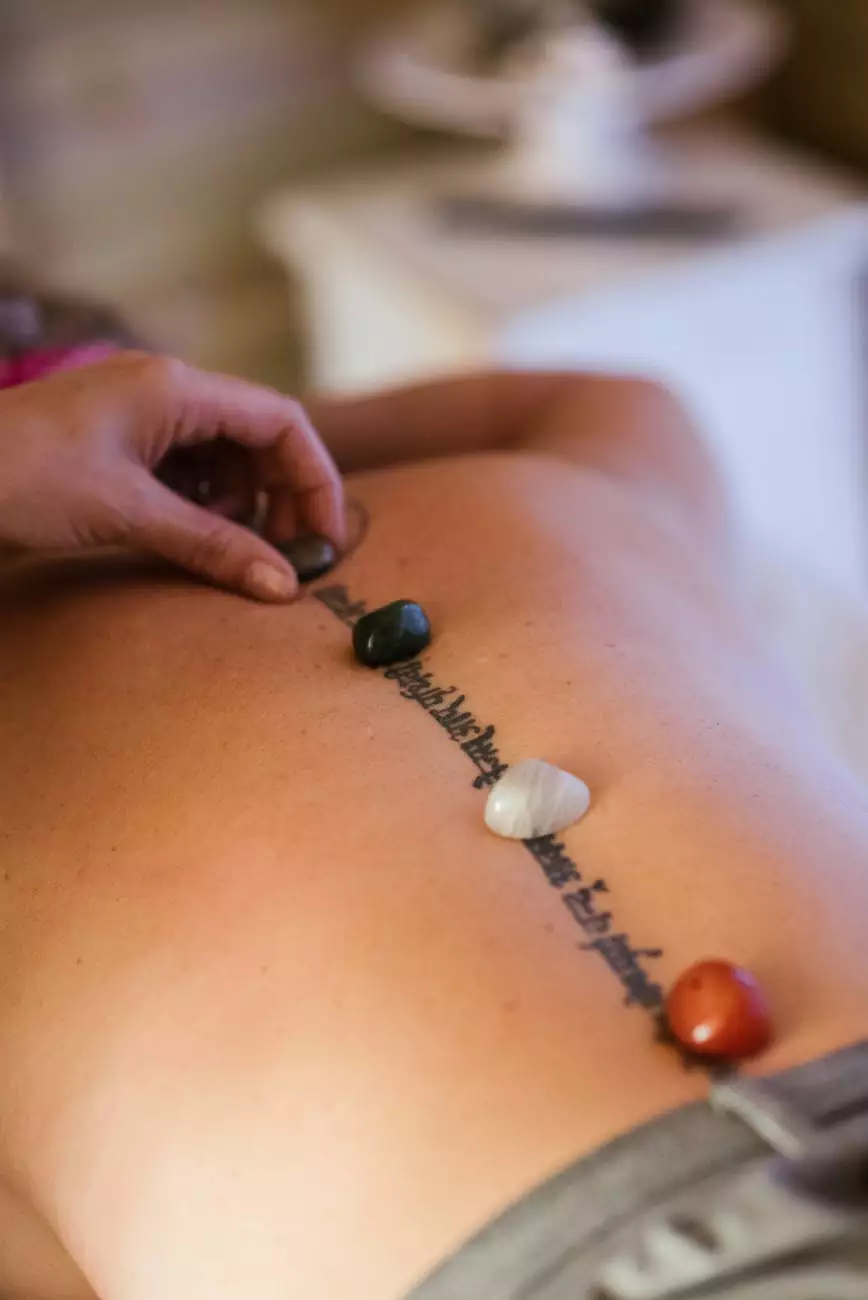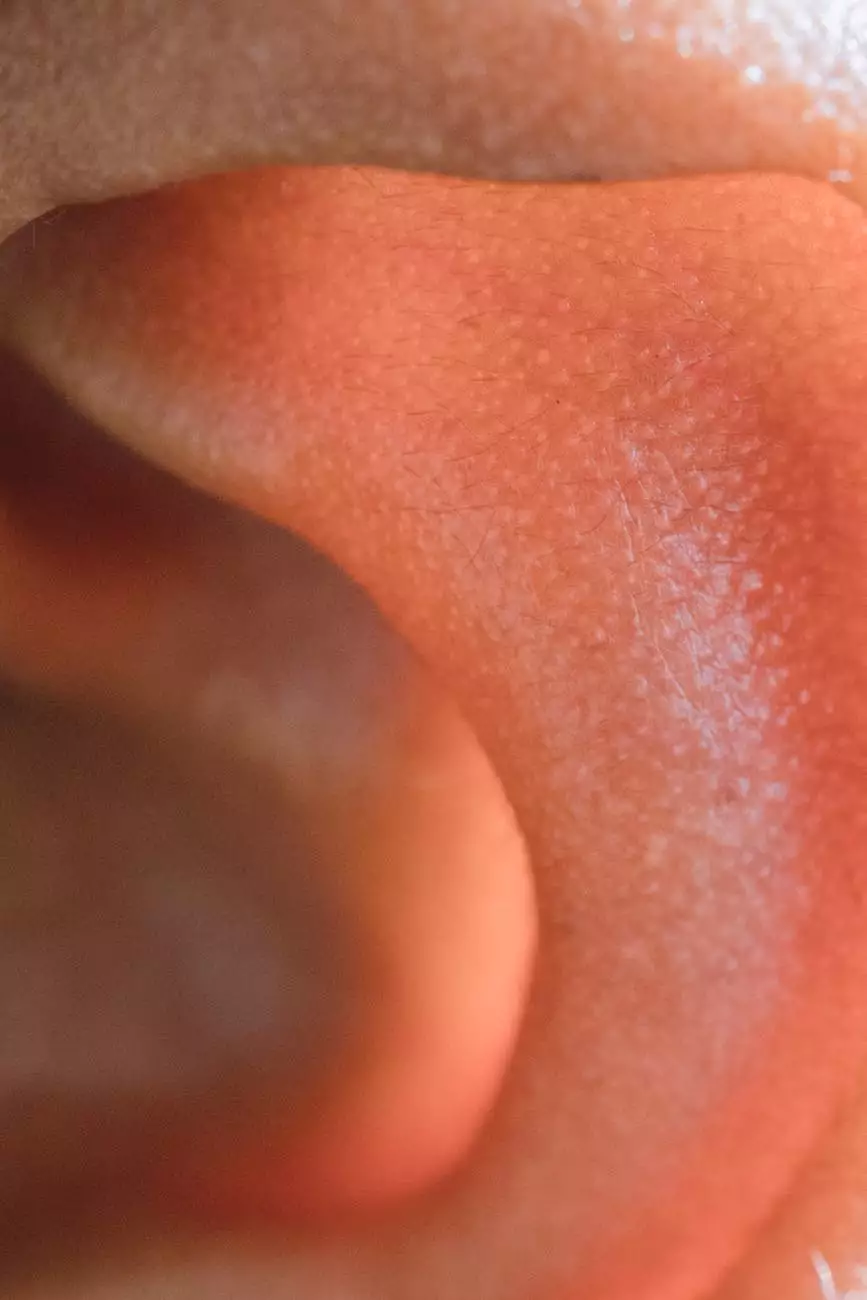Should I Use Retin-A in My Skin Care Regimen?
Skincare
Understanding Retin-A: What Is It?
Retin-A, often referred to as tretinoin, is a topical medication derived from vitamin A. Originally developed to treat acne, Retin-A has gained popularity for its ability to improve the appearance of skin by reducing fine lines, wrinkles, and dark spots. It is commonly used for anti-aging purposes, but can also address a variety of skin concerns.
The Benefits of Retin-A for Your Skin
Retin-A offers numerous benefits for your skin. Its main function is to promote cell turnover, which helps unclog pores and prevent blemishes. This process also stimulates collagen production, resulting in firmer and more youthful-looking skin. With consistent use, Retin-A can effectively diminish fine lines and wrinkles, fade hyperpigmentation, and improve overall skin texture.
Considerations Before Incorporating Retin-A
While Retin-A provides remarkable results, it is important to consider a few factors before adding it to your skin care regimen:
- Consult with a Dermatologist: Before starting any new skincare product, especially one with active ingredients like Retin-A, it's crucial to consult with a dermatologist. They can evaluate your skin type and conditions to determine if Retin-A is suitable for you.
- Sensitivity and Irritation: Retin-A can cause initial side effects like redness, peeling, and irritation, commonly referred to as the "retinization" period. However, these symptoms typically subside over time as your skin adjusts to the treatment.
- Sun Protection: Retin-A can increase your skin's sensitivity to the sun, making it crucial to wear broad-spectrum sunscreen daily and limit sun exposure. Sun protection is essential to prevent further skin damage and maintain the benefits of Retin-A.
How to Use Retin-A Properly
To maximize the effectiveness of Retin-A and minimize potential side effects, follow these guidelines:
- Start Slowly: Begin by using Retin-A every other night to allow your skin to acclimate. Gradually increase frequency to once daily as tolerated.
- Cleanse and Dry Skin: Before applying Retin-A, cleanse your face with a gentle cleanser and ensure your skin is completely dry. Moist skin can enhance the absorption of Retin-A, leading to increased sensitivity.
- Small Amount, Even Application: Use a pea-sized amount of Retin-A and apply it evenly to your face. Avoid the eye area and lips.
- Moisturize: Wait for at least 20 minutes after applying Retin-A before applying a moisturizer. This helps minimize potential irritation while ensuring your skin stays hydrated.
- Be Consistent: Consistency is key when incorporating Retin-A into your skin care routine. Results generally become noticeable after several weeks of regular use.
Who Should Avoid Retin-A?
Retin-A may not be suitable for everyone. Avoid using Retin-A if:
- You are pregnant or planning to become pregnant: Retin-A has been associated with potential birth defects and should be avoided during pregnancy.
- You have certain skin conditions: Individuals with eczema, rosacea, or excessively sensitive skin may experience worsening symptoms with Retin-A use. It is advisable to consult with a dermatologist before using Retin-A if you have any of these conditions.
- You are using other active ingredients: Retin-A should not be used in conjunction with certain skincare ingredients, such as benzoyl peroxide or salicylic acid, as they can cause excessive dryness and irritation. Always check with a dermatologist or skincare professional before combining products.
Conclusion
Retin-A can be a valuable addition to your skin care regimen, offering remarkable benefits for various skin concerns. While it may not be suitable for everyone, its ability to promote cell turnover, diminish signs of aging, and improve overall skin texture makes it a popular choice among those seeking effective skincare solutions.
If you are considering incorporating Retin-A into your routine, consult with a dermatologist to determine if it is the right choice for you. Follow proper usage guidelines, be consistent, and don't forget to prioritize sun protection. With careful consideration and appropriate usage, Retin-A can help you achieve the glowing, youthful skin you desire.










